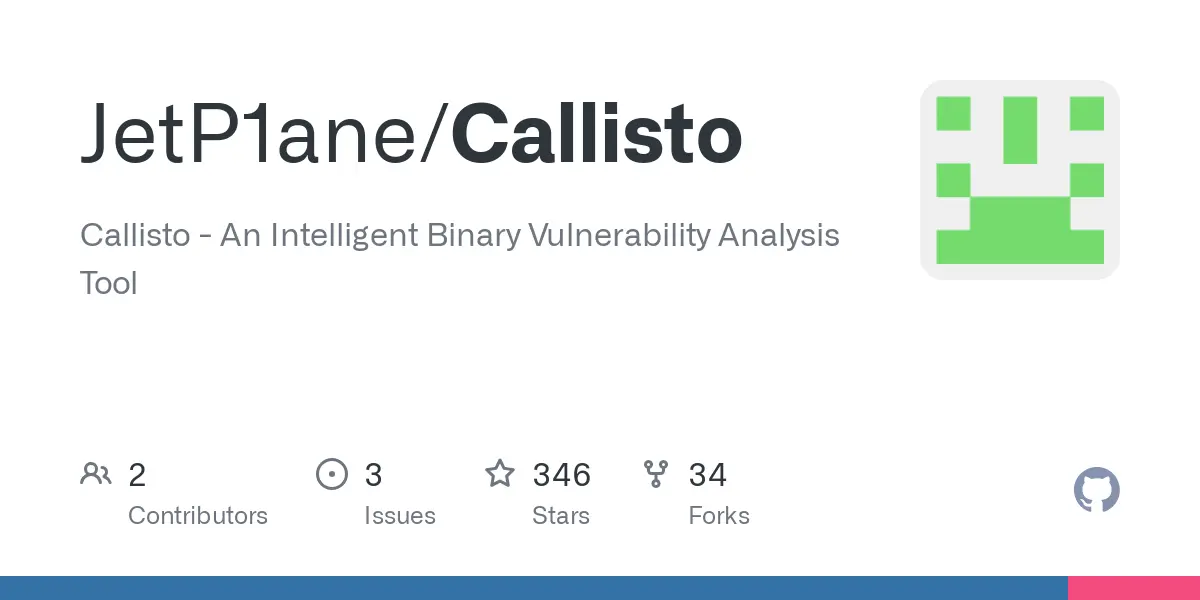Callisto is an intelligent automated binary vulnerability analysis tool. Its purpose is to autonomously decompile a provided binary and iterate through the psuedo code output looking for potential security vulnerabilities in that pseudo c code. Ghidra’s headless decompiler is what drives the binary decompilation and analysis portion. The pseudo code analysis is initially performed by the Semgrep SAST tool and then transferred to GPT-3.5-Turbo for validation of Semgrep’s findings, as well as potential identification of additional vulnerabilities.
This tool’s intended purpose is to assist with binary analysis and zero-day vulnerability discovery. The output aims to help the researcher identify potential areas of interest or vulnerable components in the binary, which can be followed up with dynamic testing for validation and exploitation. It certainly won’t catch everything, but the double validation with Semgrep to GPT-3.5 aims to reduce false positives and allow a deeper analysis of the program.

This is super cool, and similar to https://github.com/moyix/gpt-wpre



